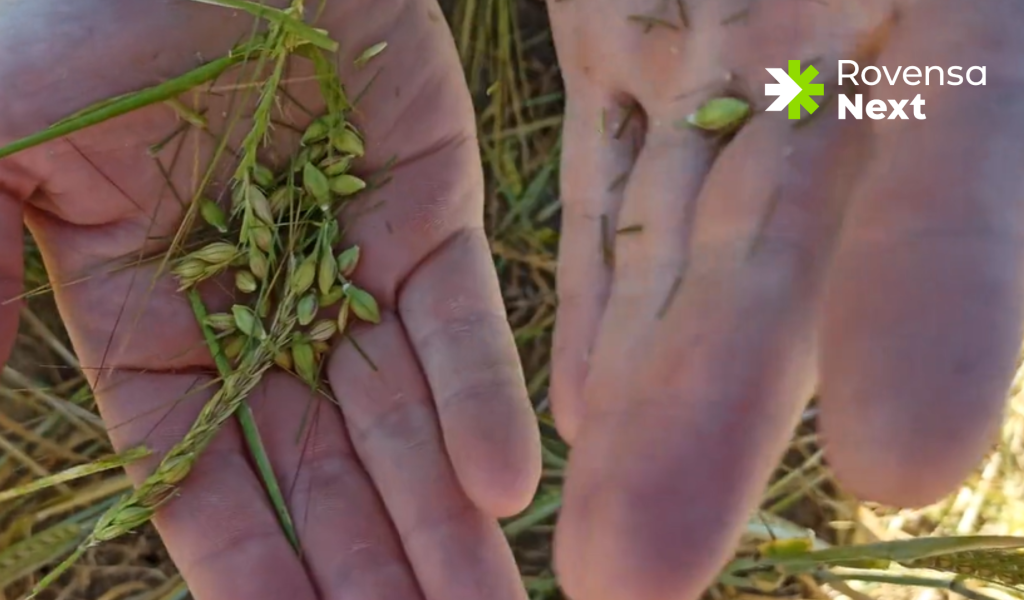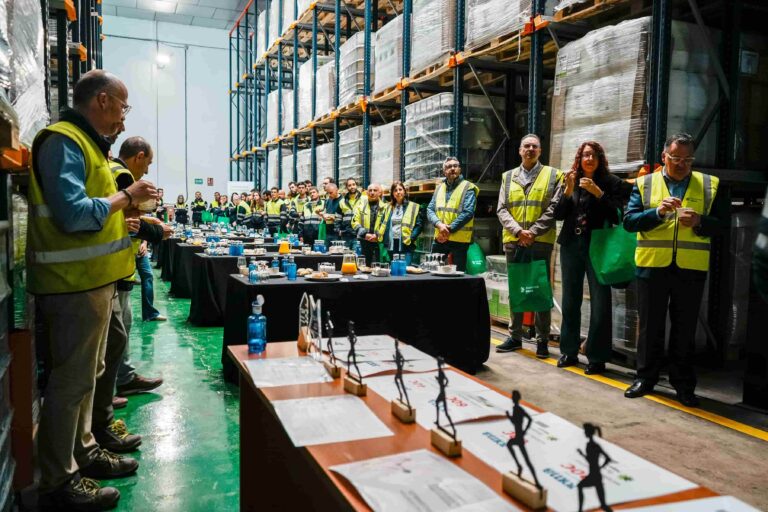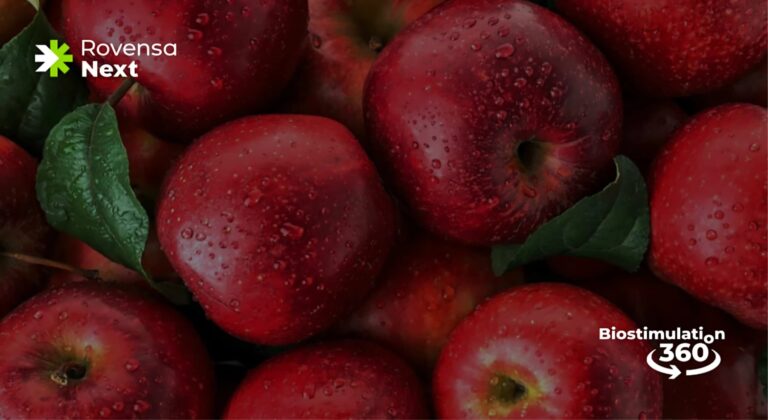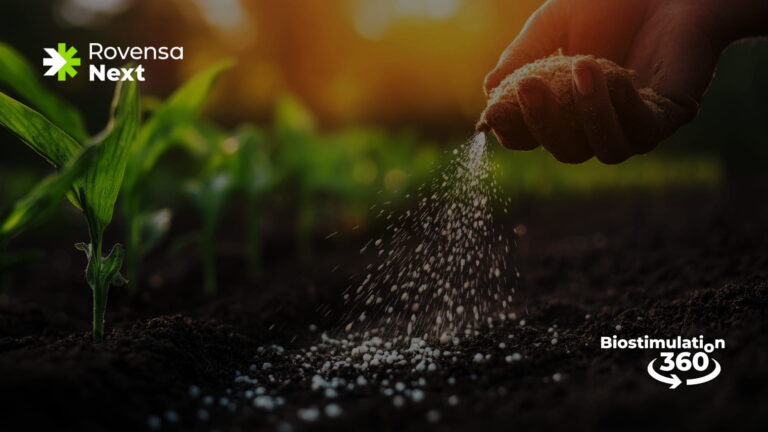Biodynamic agriculture, a holistic and sustainable farming approach, has been both praised and criticized since its inception. This method, which is rooted in Rudolf Steiner’s teachings, combines traditional farming practices with spiritual and ecological principles. While it has garnered a dedicated following, it also faces major scrutiny from the scientific community due to its reliance on esoteric and mystical beliefs rather than empirical science.
However, some aspects of biodynamic agriculture align with scientific principles, particularly in terms of soil health and biodiversity. [1]
Enhancing soil health and biodiversity
One of the core tenets of biodynamic agriculture is the enhancement of soil health. Farmers use composting and biodynamic preparations, such as fermented manure and herbal mixtures, to enrich the soil. Research indicates these practices can improve soil structure, microbial activity, and nutrient content. This focus on soil health is crucial, as healthy soil forms the foundation of productive and sustainable farming systems.
Biodynamic farms also promote biodiversity by integrating crops and livestock. This approach creates a more resilient ecosystem, aiding in natural pest management and reducing the need for synthetic pesticides. The emphasis on biodiversity aligns with broader ecological goals, contributing to the sustainability of agricultural landscapes. [3]
The controversial esoteric elements
Despite these benefits, biodynamic agriculture is not without controversy. Critics argue that some practices lack scientific validation. For instance, the use of astrological planting calendars and other spiritual elements are often viewed as pseudoscientific. These practices, based on Steiner’s anthroposophy, include planting and harvesting according to lunar and astrological cycles. While some farmers report positive outcomes, these methods remain contentious within the scientific community. [4]
Economic viability and certification challenges
Another point of contention is the economic viability of biodynamic farming. The methods can be labor-intensive and costly, potentially making them less feasible for large-scale operations. Additionally, obtaining Demeter certification, which is specific to biodynamic products, involves stringent requirements. This certification process can be a barrier for farmers, limiting the market outreach of biodynamic products.
Ongoing research and future prospects
Despite these challenges, ongoing research continues to explore the benefits of some biodynamic practices. Studies have shown that certain biodynamic methods can enhance soil microbial activity, which is vital for soil fertility and plant health. As the agricultural sector seeks more sustainable practices, biodynamic farming offers valuable insights into creating self-sustaining farms with minimal external inputs.
In conclusion, while biodynamic agriculture presents a promising approach to sustainable farming, it has also come under significant scrutiny. The balance between scientifically supported practices and their more esoteric elements continues to spark debate. As research progresses, the potential and limitations of this holistic farming method should be better understood by the agricultural community. [2]
Rovensa Next and biodynamic agriculture
The sustainable approach inherent to the Rovensa Next portfolio is demonstrated by our bionutrition and biocontrol products that are certified for use in biodynamic agriculture. Although our low-risk and low-residue formulations are not specifically formulated for this purpose, they are still extremely suitable for achieving the highest standards in sustainable agriculture. Products such as Delfan Plus V, Phylgreen Atlas, Tec-fort, and Portento have earned this rigorous certification and are ideal for both conventional and sustainable agriculture, providing farmers with reliable solutions across the board.
References:
- Santoni, M., Ferretti, L., Migliorini, P. et al. A review of scientific research on biodynamic agriculture. Org. Agr. 12, 373–396 (2022 A review of scientific research on biodynamic agriculture | Organic Agriculture (springer.com)
- Muhie, S.H. Concepts, Principles, and Application of Biodynamic Farming: a Review. Circ.Econ.Sust. 3, 291–304 (2023). https://doi.org/10.1007/s43615-022-00184-8 Concepts, Principles, and Application of Biodynamic Farming: a Review | Circular Economy and Sustainability (springer.com)
- What is Biodynamics? | Biodynamic Association
- Biodynamic approach and principles (demeter.net)















